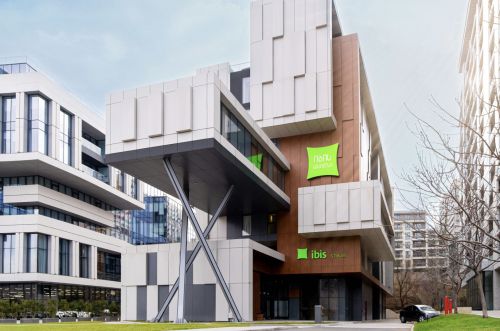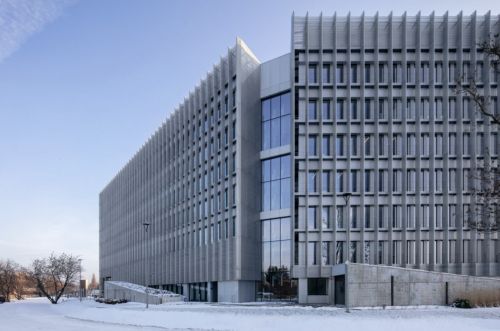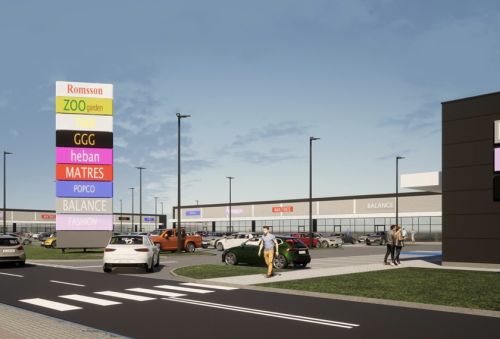Lech Witecki is not a man to be trifled with. The head of the General Directorate of National Roads and Motorways (GDDKiA) has a lot of money at his disposal, to spend by means of dozens of tenders that are planned for the renovation and construction of highways. The rules are strict but clear for the lucrative contracts that are on offer. But if you fail to agree terms with Mr Witecki, you will find that two hundred other companies are queuing up behind you for the same contract Emil Górecki,‘Eurobuild CEE’: Let’s start with one of the latest issues, which is the eviction of Alpine Bau from the construction site of the A1 motorway.Lech Witecki, acting General Director of National Roads and Motorways (GDDKiA): Well, officially speaking, the GDDKiA has withdrawn from the contract. A similar situation has occurred only once before. However, the contractor in question, Acciona Infraes




























































